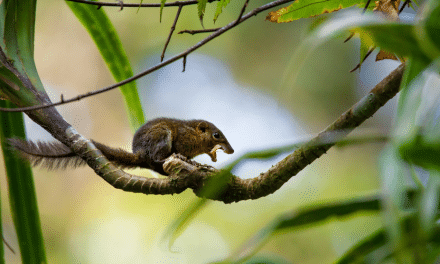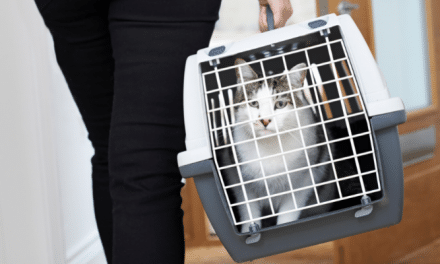By Debbie Lee
A man was handed an eight-month suspended prison sentence from the Crown Court for poisoning his neighbours’ cats, using a high concentration of ethylene glycol mixed with tuna fish. Veterinary tests confirmed that the two cats died as a result of eating the tainted fish. This case is the first to be referred to the crown court where serious animal cruelty offences can be given greater sentencing powers following the Animal Welfare (Sentencing) Act 2021, which came into force last year.
Previously, magistrates only had the power to give the maximum sentence of six months in prison for animal cruelty offences. Now, the maximum penalty has been increased to five years, and cases can be held in either the Magistrates Court or the Crown Court for the maximum penalty to be considered. In this case, the magistrates apparently thought the new maximum penalty was worth consideration, and so the matter was referred to the Crown Court.
In order to charge this offender for a serious offence under the Animal Welfare Act 2006, when assessing this offender’s culpability and the harm caused, this court would have determined that the offender deliberately set out to seriously harm the cats by leaving out a highly poisonous substance to felines. Veterinarians confirmed that the cats would have suffered from dehydration, followed by headaches, sickness, disorientation, weakness, and collapse from the glycol poisoning. The “greater harm” category would have been applied due to the cats dying as a result of the offender’s act.
A suspended sentence, which was imposed in this case, is classed as a custodial sentence in that the offence was so serious that neither a fine nor community order can be justified. But rather than the offender serving the sentence, it is suspended on the condition that the offender abides by any conditions the court attaches to it and does not commit any further offences. In this case, the court ordered the offender to do 150 hours of unpaid work, pay £2,000 in costs, and he was disqualified from keeping all animals for five years. The purposes of disqualifying the offender from keeping animals is not to punish the offender but to protect the welfare of other animals.
The factors that the court takes into account when considering whether to suspend a custodial sentence is (i) if there is a real prospect of rehabilitation; (ii) there are strong personal mitigation reasons and (iii) if a custodial sentence would have a significantly harmful impact upon others. The period of suspension must be between six months and two years which is referred to as the operational period. The time in which a sentence is suspended should take into account the length of a sentence.
There is currently a sentencing guideline for courts to refer to when deciding the degree of seriousness of an animal cruelty offence. However, the guideline is not helpful in determining what sentence should be given for the offence. The Sentencing Council have recently consulted on the sentencing guideline to revise it for the offences that carry a five-year maximum prison sentence.
Sources
https://www.mirror.co.uk/news/uk-news/man-fed-neighbours-cats-poisoned-27709264
https://www.animallaw.info/statute/uk-animal-welfare-animal-welfare-sentencing-act-2021
https://www.defence-barrister.co.uk/suspended-sentences
https://www.mortons-solicitors.co.uk/disqualification-from-keeping-animals-the-facts/
https://www.sentencingcouncil.org.uk/offences/magistrates-court/item/animal-cruelty-revised-2017/
https://www.sentencingcouncil.org.uk/offences/magistrates-court/item/animal-cruelty-revised-2017/


















